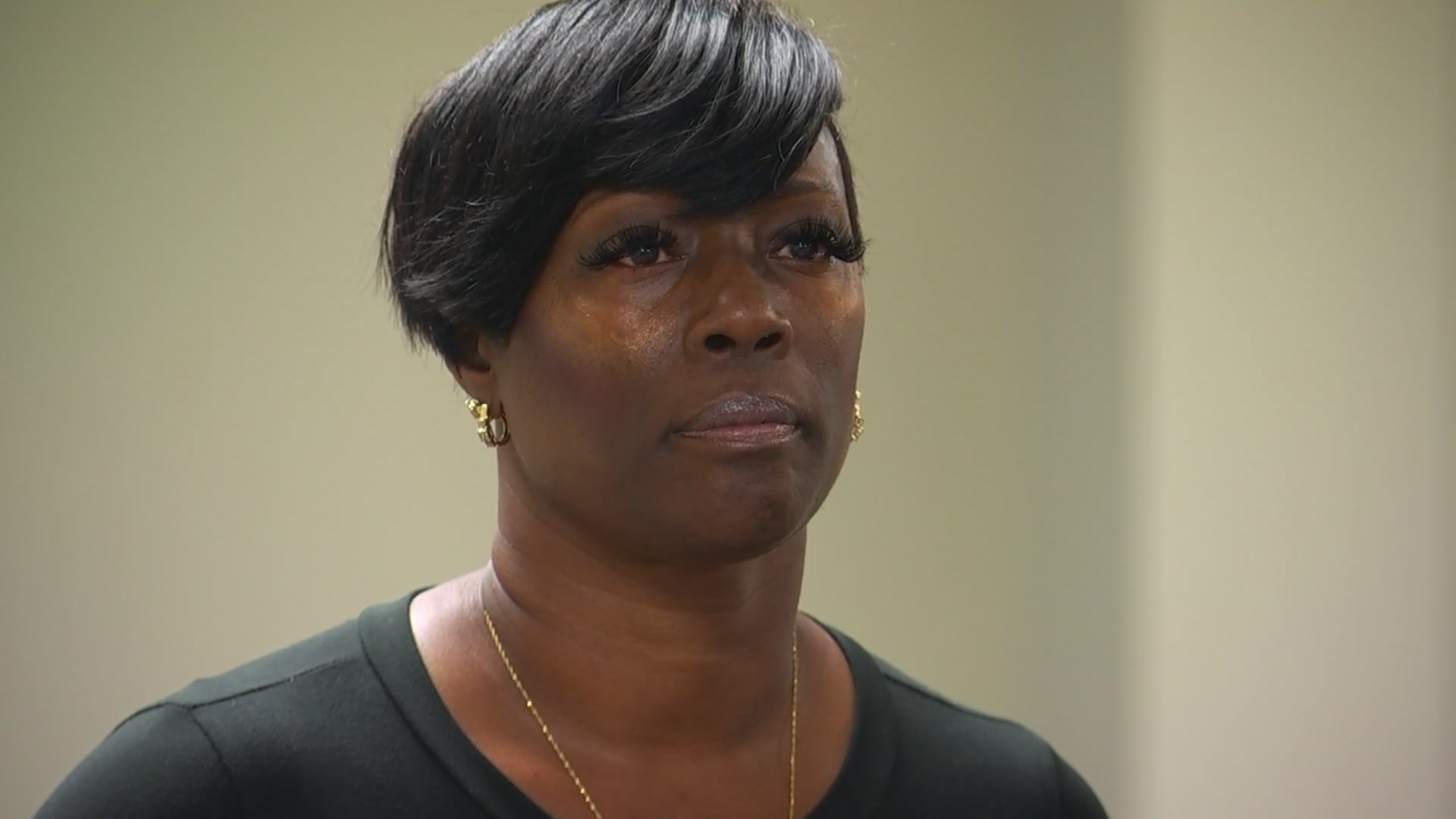Dallas County officials traded accusations Tuesday about a backlog of felony cases, a surge in jail inmates and rising cost for taxpayers.
Commissioners John Wiley Price and J. J. Koch claim felony court judges are to blame for the backlog.
“It is certainly within the power of those judges to decrease those extraordinary costs on the public and they continue to refuse to do so,” Koch said.
Koch wants to reduce the $18,000 bonus judges receive from commissioners.
Get DFW local news, weather forecasts and entertainment stories to your inbox. Sign up for NBC DFW newsletters.
“It’s within our discretion to rescind that supplement,” Koch said. “We can zero out every criminal felony judge. We can zero out individual judges.”
Price also blamed judges for a backlog of around 2,000 felony cases and the current count of 6,300 jail inmates, which he said is about 1,000 more inmates than a year ago and nearly 2,000 more than before the COVID-19 pandemic.
Price said the cost of operating the jail has risen from around $8 million.
Local
The latest news from around North Texas.
“That jail might cost us $12 million and with 6,300 it is going to be more,” Price said. “We're picking up that tab again and all it takes is a little creativity at work.”
Dallas County Sheriff Marion Brown who runs the jail said the jail situation is not entirely to blame on judges.
“No, the idea that it is just solely the judges is not correct,” Brown said.
State prisons and mental health facilities not taking inmates is a major problem, Brown said.
“If they’re not receiving people then those people remain with us. We’re the repository and the number continues to grow and grow,” Brown said. “When the mental health facilities in the state are not receiving people, then we have to manage that population as well.”
Inmate Eric Longoria is an example of this situation. The 40-year-old inmate was found incompetent to stand trial soon after a July 23, 2017, stand-off with police for which he faces several counts of aggravated assault on a public servant.
Longoria has been in and out of state hospitals since 2017 and was returned to the Dallas County Jail on March 6, 2020, for another competency hearing. A new medical evaluation was ordered in May 2022, but Longoria remains at the Dallas County Jail.
Brown could not comment on Longoria’s case but said mental health care is available in the Dallas County Jail. However, judges may find a defendant unfit for trial despite that care and then order transfers that are delayed.
“And then have that time come and go and they are still in our facility. That is not uncommon,” Brown said.
Jail detention officers have complained about staffing issues and benefits issues.
And the jail building itself has limitations.
Portions of the building at more than 40 years old. A briefing for Dallas County Commissioners Tuesday said the average lifecycle of a jail is 50 years and parts of the Dallas County Jail cannot be updated to modern standards.
“We have to periodically evaluate and review what our systems look like and see if we are up to date.
Brown said she supports plans approved by commissioners Tuesday to evaluate jail facilities for inmates.
“All of our citizens should be concerned about it because these are loved ones, they have families,” Brown said.
Most inmates in the Dallas County Jail are awaiting trial, are considered innocent and have not been convicted of any crime.



